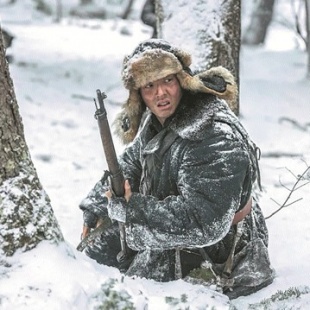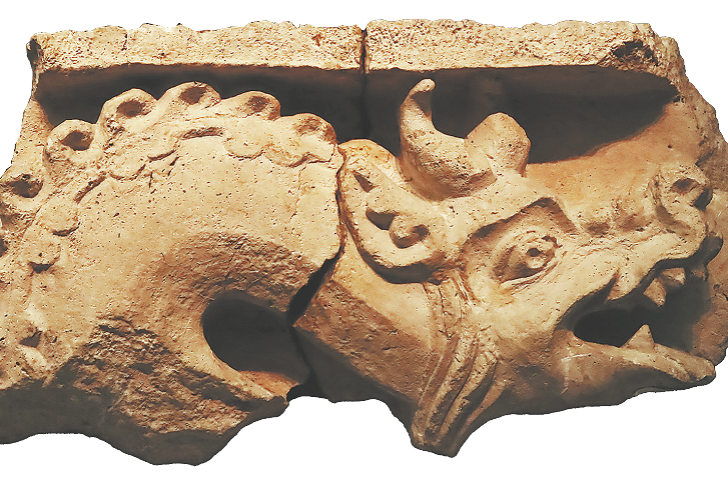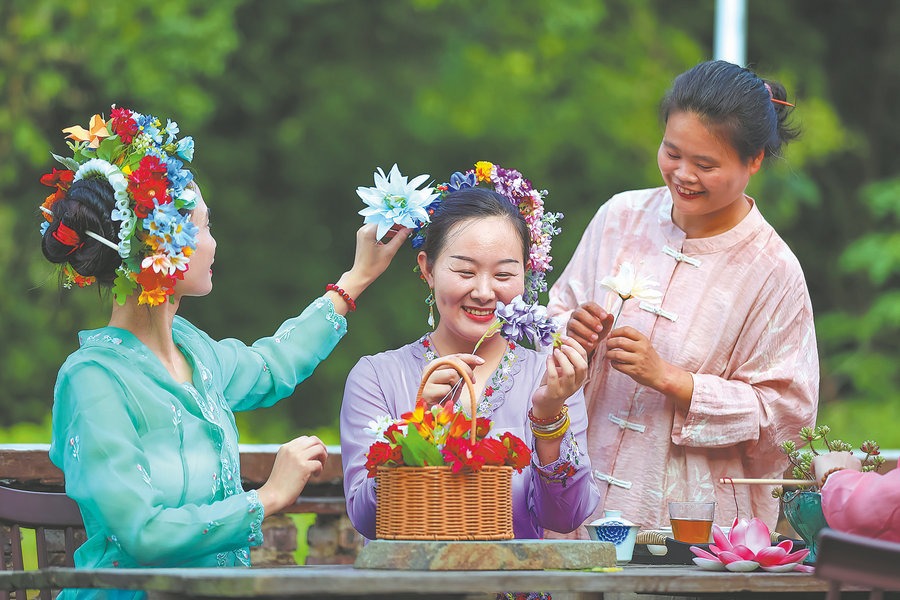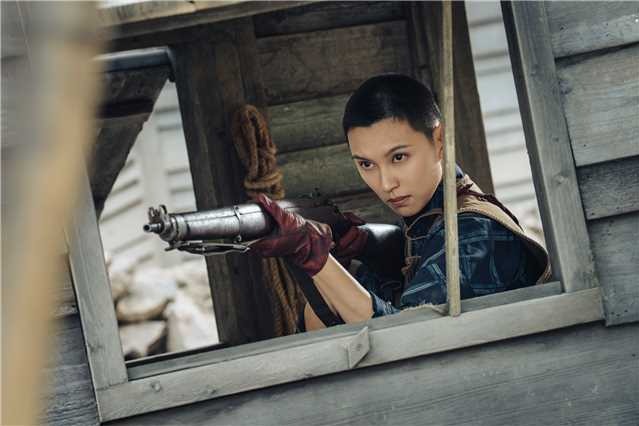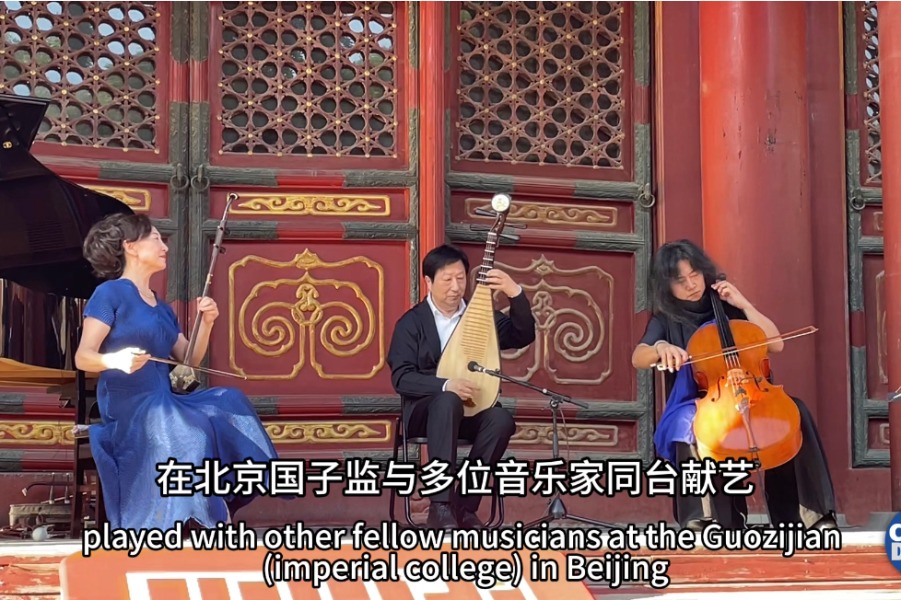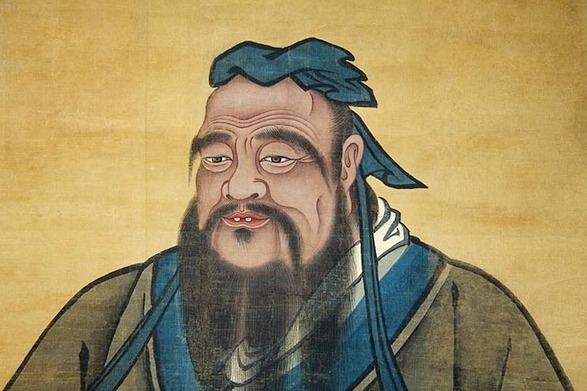Epic saga of survival in freezing wartime


A new TV drama revives the extraordinary endurance of China's Northeast United Resistance Army, Xu Fan reports.
In the snowy forests of Northeast China, a starving veteran soldier from the Northeast United Resistance Army stumbles forward, weakened by hunger. After days without food, he discovers livestock droppings in the snow. With trembling hands, he cracks them open, finds a few undigested corn kernels, washes them repeatedly with snow, and swallows them in order to survive.
This harrowing scene — based on a real-life wartime story — opens TV series Gui Dui (The Long Way Back), which has struck a chord with audiences. Since its premiere on Aug 25, the show has reached over 2.6 percent of all Chinese television subscribers and garnered 254 million clicks online.
Starring actors Hu Jun and Li Naiwen, the 34-episode drama commemorates the 80th anniversary of the victory in the Chinese People's War of Resistance Against Japanese Aggression (1931-45) and the World Anti-Fascist War.
The story begins in 1938, during a brutal campaign by the Japanese military aimed at severing all supply lines to the Communist Party of China-led Northeast United Resistance Army. Following a fierce battle, a platoon led by veteran soldier Lu Changshan (played by Hu) is separated from the main force. Reduced to only six survivors, they begin their epic struggle to survive, evade relentless pursuit, and make a desperate bid to reestablish contact with their comrades and the CPC.
Director Zang Xichuan recalled in a telephone interview with China Daily that the project was launched in 2021, as award-winning scriptwriter Gao Mantang had previously gathered a lot of firsthand information, including interviews with more than 30 veterans of the army, while creating My Natasha, a TV series about the romance between a Soviet female officer and a Chinese soldier.
Due to the Japanese army's campaign, which lasted three years, the Northeast United Resistance Army suffered catastrophic losses, with its membership plunging from over 30,000 to around 1,000. Furthermore, the winter in Northeast China was harsh, with wilderness temperatures that could drop to — 40 degrees Celsius. In July 1942, the remaining forces were compelled to retreat into the Soviet Union, where they were reorganized into the 88th Independent Infantry Brigade, an international unit of the former Soviet Union's Red Army.

"Although Gao had already written My Natasha, those conversations left him haunted by the hardships of the resistance fighters and this chapter of history. He always wondered what sustained the Chinese soldiers — what they carried in their hearts that enabled them to endure such brutal conditions and wait steadfastly for the final victory," says Zang.
A veteran filmmaker who started his career in 2000, Zang shot to fame serving as the deputy director of Zhang Yimou's martial arts epic Curse of the Golden Flower, accumulating more experience in directing his own programs, such as the award-winning movie The Donor, and the popular drama Endless Protection.
Despite having directed programs on a wide range of themes, Zang had never taken on a wartime story about the Northeast United Resistance Army.


